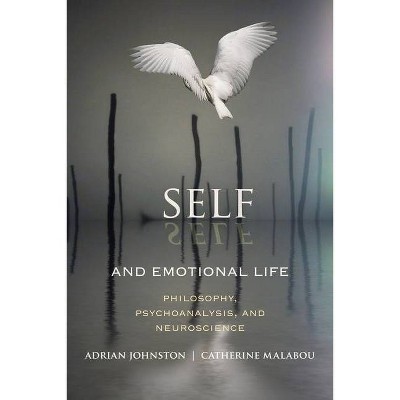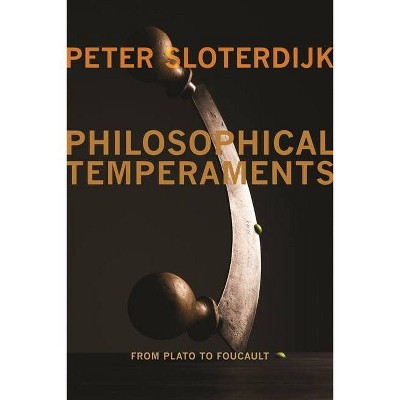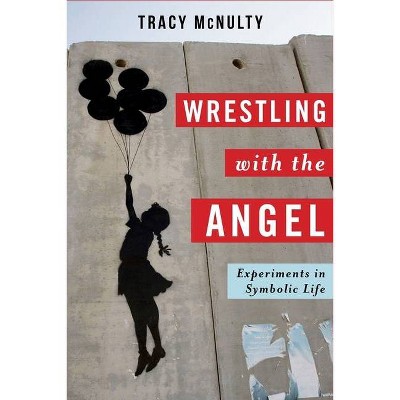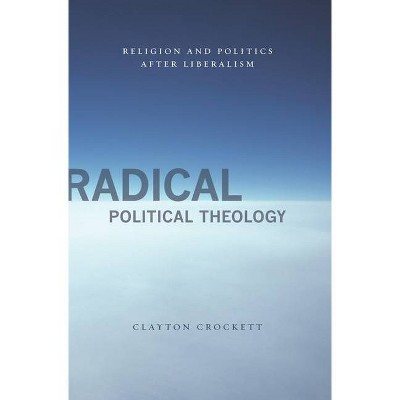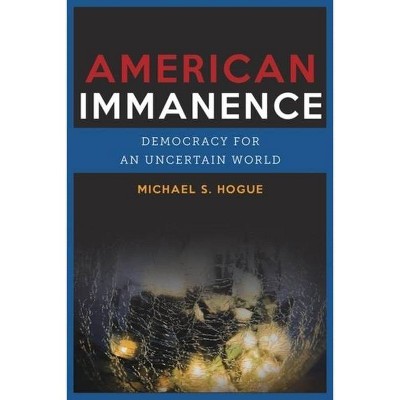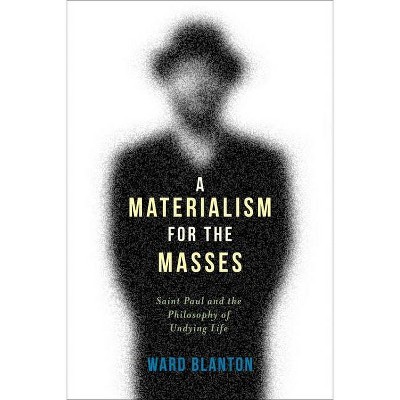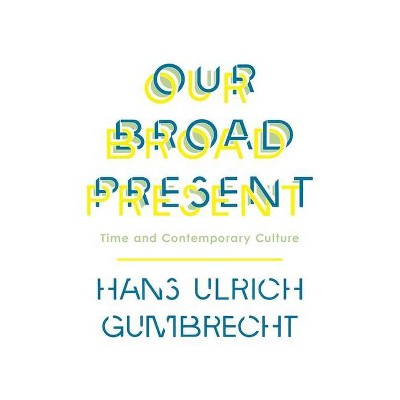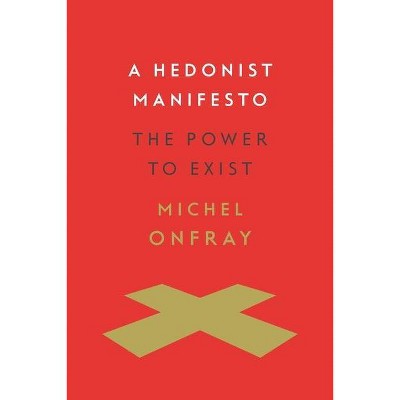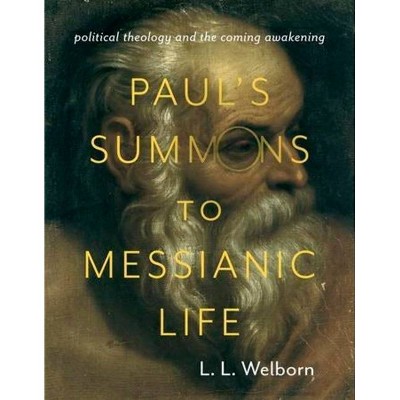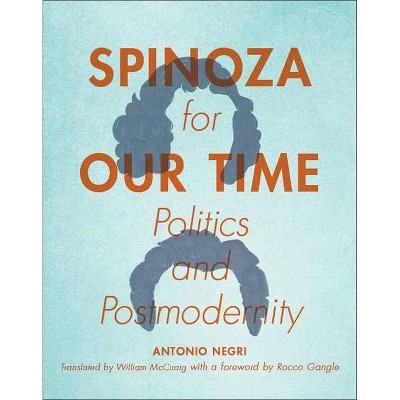Cloud of the Impossible - (Insurrections: Critical Studies in Religion, Politics, and C) by Catherine Keller (Paperback)
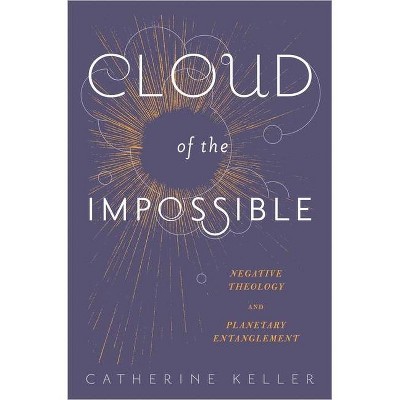
Similar Products
Products of same category from the store
AllProduct info
<p/><br></br><p><b> About the Book </b></p></br></br>A progressive reading of the history of the unknown that projects a hopeful future.<p/><br></br><p><b> Book Synopsis </b></p></br></br><p>The experience of the impossible churns up in our epoch whenever a collective dream turns to trauma: politically, sexually, economically, and with a certain ultimacy, ecologically. Out of an ancient theological lineage, the figure of the cloud comes to convey possibility in the face of the impossible. An old mystical nonknowing of God now hosts a current knowledge of uncertainty, of indeterminate and interdependent outcomes, possibly catastrophic. Yet the connectivity and collectivity of social movements, of the fragile, unlikely webs of an alternative notion of existence, keep materializing--a haunting hope, densely entangled, suggesting a more convivial, relational world.</p><p>Catherine Keller brings process, feminist, and ecopolitical theologies into transdisciplinary conversation with continental philosophy, the quantum entanglements of a "participatory universe," and the writings of Nicholas of Cusa, Walt Whitman, A. N. Whitehead, Gilles Deleuze, and Judith Butler, to develop a "theopoetics of nonseparable difference." Global movements, personal embroilments, religious diversity, the inextricable relations of humans and nonhumans--these phenomena, in their unsettling togetherness, are exceeding our capacity to know and manage. By staging a series of encounters between the nonseparable and the nonknowable, Keller shows what can be born from our cloudiest entanglement.</p><p/><br></br><p><b> Review Quotes </b></p></br></br><br>An impressive and astonishing work.--Syndicate Theology<br><br>Keller's bewildering and creatively beautiful body of work is often more poetry than prose... It is always worth the effort.--Christian Century<br><br>This is an extraordinary book.... Readers will engage an astounding sweep of resources and conversation partners in this book.--Interpretation<br><br>Facing the complex majesty of <i>Cloud of the Impossible</i>, one cannot help but feel like some Moses-manqué before a literary Sinai. The prose is finely wrought, tracing the inter- and indeterminacies of a provisionally named 'apophatic entanglement.' This is a beautiful and important book, which traces the contours of a transfigured, queerly-theological discourse and practice--precisely where such a thing might seem impossible.--Mary-Jane Rubenstein, Wesleyan University<br><br>A sizzling, citable line on every page, this is Catherine Keller at her poetic, theopoetic, theological best. She meditates not the fire of the apocalypse, nor the water of the deep, but the cloud--of the impossible which precipitates the possible itself, the entanglement of knowing and nonknowing, of the relational and what overflows relation, of the enfolding and the unfolding. For her, the name of God is not the name of a cause or a guarantee but the lure of something that needs to be made and done. From philosophy and theology to physics and ecology--a sensational tour de force from a major theological voice.--John D. Caputo, Syracuse University and Villanova University<br><br>At last! A negative theology that plies the complex requirements of planetary life. Long intent on crafting ways of thinking theologically that resist common and oversimplified oppositions between divine and fleshy things, Catherine Keller leads us via ancient, medieval, and recent traditions of unsaying certainties into a rich understanding of divine entanglement as a basis for communal thriving and just democracy. This is a monumental contribution to Christian theology, especially regarding its foundational claims of divine embodiment and love.--Laurel C. Schneider, Vanderbilt University<br><br>Catherine Keller is our most creative and profound theologian today, and this book is her richest to date, tracking the enfolding and unfolding relation of everything to everything with theopoetic brilliance.--Gary Dorrien, author of <i>Kantian Reason and Hegelian Spirit: The Idealistic Logic of Modern Theology</i><br><br>Catherine Keller's nuanced consideration of the apophatic cloud is both true to its subject and marvelously lucid. Tracing unexpected connections in the thought of medieval theologians, process philosophers, environmental activists, quantum physicists, and more, the book enfolds and unfolds, each line of thought traced with delicate precision, each intersection marked. Out of impossibility itself, enfolded in each and every relation, a new and open possible emerges. Through folds and mirrors, holograms and entanglements, poetry and theology, trauma and joy, this possible-impossible, this luminous darkness, entice us to follow--and to be glad that we did.--Karmen MacKendrick, Le Moyne College<br><br>With this work, Catherine Keller has produced a masterpiece on the level of her <i>Face of the Deep: A Theology of Becoming</i>. There is something of James Joyce in these pages. Readers are taken through core Hebrew and Greek debates, the emergence of infinity in Patristic theology, Christian and non-Christian mysticism, quantum physics, contemporary poststructuralist philosophy, the plight of theology today, nineteenth-century poetry, the environmental crisis... and that is only a start. Many critics will say that this is her best book yet.--Philip Clayton, Ingraham Professor, Claremont School of Theology<br><p/><br></br><p><b> About the Author </b></p></br></br>Catherine Keller is professor of constructive theology at Drew University. Her work interweaves process relationalism and poststructuralist philosophy with an evolving feminist cosmopolitics. At once constructive and deconstructive in approach, it engages questions of ecological, social, and spiritual practice amidst an irreducible indeterminacy. Among her many books are<i> Apocalypse Now & Then</i>; <i>God and Power</i>; and <i>The Face of the Deep: A Theology of Becoming</i>.
Price History
Price Archive shows prices from various stores, lets you see history and find the cheapest. There is no actual sale on the website. For all support, inquiry and suggestion messages communication@pricearchive.us
